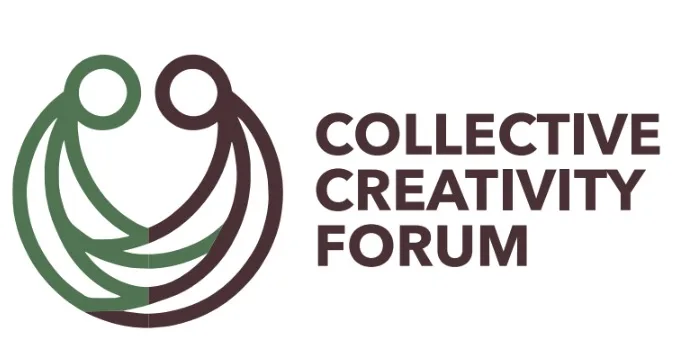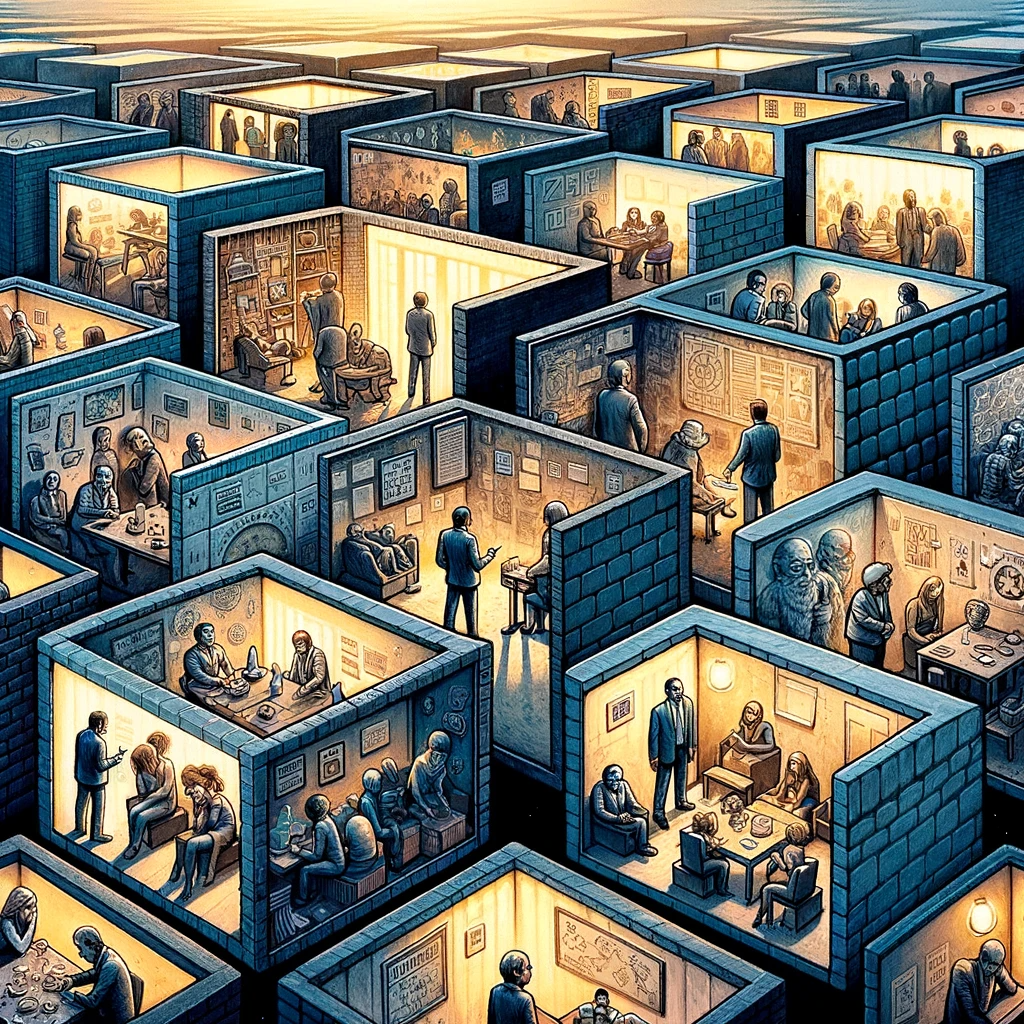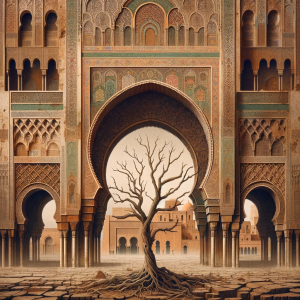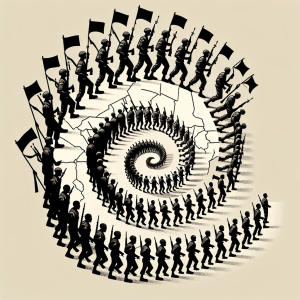The reality is that we are all guilty of it. But the question is whether this is something that we should accept and perpetuate, or attempt to recognize and remedy. Specifically, after we realize that its present day causes are entirely fabricated and fictional.
There was probably a time where Muslims felt a collective sense of empathy and solidarity when one calamity or disaster befell other Muslims. Not any more. The nation-state system has conditioned and warped our collective conscience in a manner far more sinister than rooting for our national soccer team or singing of the national anthem.
Since the imposition and adoption of nationalism on the Muslim world (which once held open borders and viewed itself as part of a large wide-spanning community), the region has deteriorated into one of arbitrary boundaries, apathy and factionalism. Naturally, one consequence of that has been the rise of a culture of selective empathy – with the emphasis on limiting one’s love, connection and sympathy primarily for those with whom we share a national identity (“fellow Egyptians, Turks, Iraqis etc.)
To many of us, loving our country and our countrymen seems natural, real, and timeless. In reality, it is entirely manufactured, recent, and if anything a reversion back to a new form of tribalism. In essence, selective empathy and identification seeks to erase hundreds of years of Islamic universalism, connection and perspective. One can argue about the benefits or drawbacks of nationalism, but cannot in good faith dispute that is a regression back to pre-Islamic tribalism, where every person simply cared about their tribe, its members, its honor, traditions and well being.
Blame it on the nation-state, with its artificial lines of love, loyalty and supposed belonging. If it is outside our borders then it’s not really our problem. The nation-state system has conditioned and warped our collective conscience in a manner far more sinister than merely enforcing flag days and the singing of national anthems. Since the imposition of nationalism on the Muslim world, which once held open borders and social norms that reflected a sense of wide-spanning community, the region has deteriorated into one of arbitrary boundaries and factionalism. We are taught our empathy is a finite resource, and one that should only be extended to those within our own borders or people and causes that share our nationality. Our national identity dictates that we reserve our empathy, love, and sympathy towards “our own people” first and foremost. After all, the entire idea of the nation-state rests on unique and shared values, history and connection between its people.
The state is now our new tribe on steroids, all powerful and all encompassing. A strange, stunning reversal in the age of unlimited connectivity and access. If anything, one would think that our scope of identification and empathy would be broadened, not reverted back to pre-Islamic times.1
Yet many of us still like to believe that there is a collective Muslim consciousness that transcends our nations and nationalities, regardless of how much our nation tells us that it is the end all be all. After all, many seem to forget that nations in the Muslim world were largely created/imposed by European colonizers as a way to weaken and control the Ottoman Empire which existed from 1299-1916.
We should not blame the Europeans for doing what they did in order to gain control, but we should most definitely blame ourselves for buying into it and thinking that the new found entities are all defining, indispensable, or real. They are none of those things.
Only the naive would think that we are better off with it: Yemen’s problems are the Yemenis’ problems, and Sudan’s problems are the Sudanese’s problems, etc., etc. We are not the same people, that is true, yet, there is so much more that binds us and connects us rather than what divides us and separates us. If nothing else, the existential problems that we are facing with climate change, poverty, inequality, lack of water, poor education, and youth disenchantment do not stop at flags or border crossings they consume all of us. Inevitably, we will all realize it, the question though is whether it will come before or after the fury, poverty, and fires next door engulf us or not.
- *Yet there are moments, albeit few, where the communal nature of the Muslim world is revived, but only when there is a clear “outsider” i.e. Non-Muslim entity that is in conflict or at war with a Muslim country or group. Whether it be the American invasions of Iraq and Afghanistan, the Israel-Palestine conflict, or the Yugoslav wars, there are sometimes triggers that reveal the remnants of a culture that was or still is, rooted in collective consciousness. But it generally stops there as Muslims have become more or less desensitized to the death or suffering of other Muslims due to hunger, poverty, natural disasters, or killings at the hand of other Muslims. ↩︎



